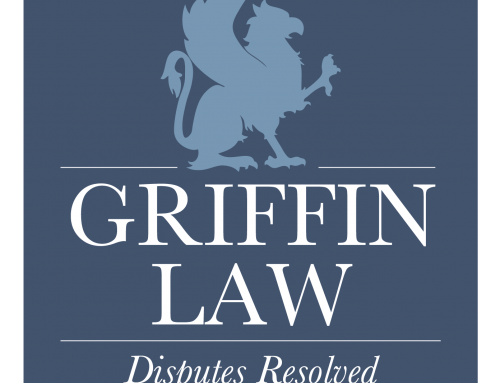
Griffin Law recently wrote about the leading case of Lachaux v Independent Print Ltd and how the courts had imposed a stricter test for what constitutes a serious harm sufficient to bring a viable defamation case (please read it – it’s a classic!).
Other defamation lawyers have publically complained that roughly half of companies seeking advice on defamation no longer appear to have viable claims. Considering the costs and risks associated with these types of claims, it is fair to say that a good lawyer would have always advised that those claims were not viable or in the client’s best interests before now. Aside from that, why has their advice changed? Because those lawyers only consider serious harm as capable of being proven by the client’s financial accounts.
The law requires defamation claims to be commenced within a year of the publication complained of. These lawyers complain that company financial reporting is also annual and will not be available for many months after the harm was done. They refer to this problem as a “strategic challenge”. The strategic challenge is actually the lawyer thinking in a narrow and parochial way instead of applying modern marketing and commercial concepts to find a solution. Griffin Law know other ways exist to present serious harm and that many clients have this at their fingertips.
Most companies already have monitoring of footfall on their website or will have access to pay-per-click reports. Significant changes in the level of social media activity can be ways to indicate if defamatory publications have hit home with the public at large and are leading to a loss of brand strength as customers head for the exit. Why wait a year for your accounts when you can look at records of Facebook and Twitter traffic including “Friend/Unfriend”, “Like” or “Undo Like”, “Following/Unfollow” activity. The feedback from social media can also be reviewed and the matrix of positive and negative comment compared with pre-publication activity. If your brand reach or customer base has crashed then it is entirely logical that you will lose future sales. Some very expensive lawyers still don’t get this and will tell you to sit motionless and wait for year end, assuming you still have a business by then.
Griffin Law will not look at this in terms of being purely defamation. Claims for protection from harassment, misuse of private information, breach of confidence and malicious falsehood all have their place in the tools available to shut down unjustified attacks. But many lawyers are taking a clear defamation case and trying to portray it to the court as something that it is not, creating risks for clients in uncharted legal waters because they mistakenly believe the Defamation Act 2013 offers no hope.
Last time we told you that most lawyers will be telling you to sit tight and watch the destruction of your brand or reputation unfold so that you can prove it caused you serious harm. We questioned that advice and can now add another question. Why are they ignoring the very tools that their client’s use to monitor corporate or brand reputation in real time? Griffin Law is different, and this just gives as another reason for saying this.
Griffin Law will look immediately at preparing your claim to stop the problem in its tracks through all legal claims available as well as what practical and tactical alternatives we can deploy to protect your reputation when it matters most. Contact us today.





